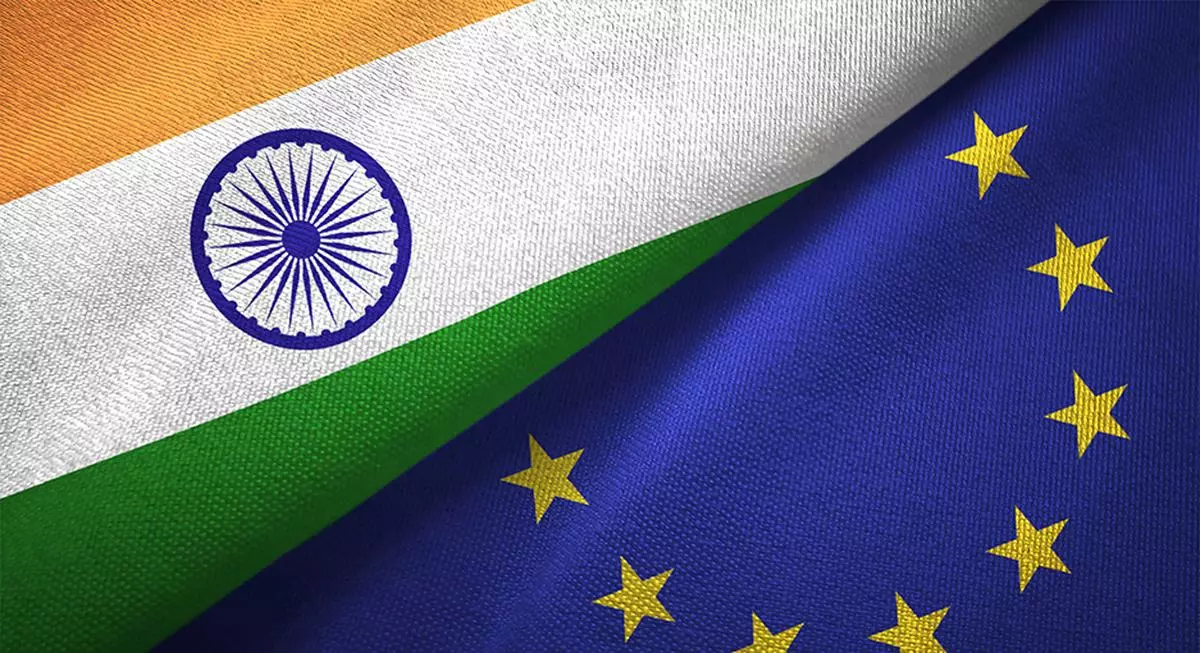India, Indonesia and Turkey have raised concerns on the EU’s proposed regulation on shipments of waste which some allege goes beyond the legitimate aim of environmental protection by subjecting hazardous waste and waste used for recycling industry to the same measures, sources said.
The matter was raised by the countries at the WTO Committee on goods. “The opposing countries noted that the EU was well within its rights to make all possible efforts to protect public health and environment from risk posed by unregulated waste shipment. They said while the objectives were legitimate, the measures should not unnecessarily hinder international trade,” a Geneva-based official told businessline.
Waste exports from the EU to non-EU countries have increased by 72 per cent since 2004, amounting to 35 million tons per year in 2023, per the EU. As much as 49 per cent of waste exported from the EU goes to non-OECD countries. Under the new regulation, exports of EU waste to non-OECD countries will only be allowed if these countries inform the European Commission that they are willing to import waste and demonstrate that they have the ability to manage it in a sustainable manner. These new requirements will apply from May 21 2027.
G7 trade sanctions
India was the second-largest destination for waste exported from the EU in 2022, receiving 3.5 million tonnes of waste from the bloc, per EU data. It was followed by the United Kingdom (2.0 million tonnes), Switzerland (1.6 million), Norway (1.6 million), Egypt (1.6 million), Pakistan (1.2 million), Indonesia (1.1 million), Morocco and the United States (both 0.8 million). Turkey was the largest recipient importing a volume of 12.4 million tonnes.
At the WTO meet, Indonesia said there should be “intensive communication and dialogue” with members on the regulation so that transparency is ensured and there is a greater understanding of how a country could be listed as an eligible one for exports. It also said that hindrances should be minimised for countries that want to obtain waste for reuse as raw materials and excessive administrative and certification requirements should be avoided.
In its defence, the EU said that the regulation had provisions that would ensure that the conditions under which the waste imported by other countries were broadly equivalent to those in the bloc. “The EU assured that the rules did not require full compliance with EU laws. The objective was to just be sure that countries importing EU waste are able to show that their regulations lead to a similar level of environmental protection, as in the EU,” the trade official said.
The EU further said it was open to feedback from other countries and will provide practical guidance on how to abide by the new waste shipment regime.

